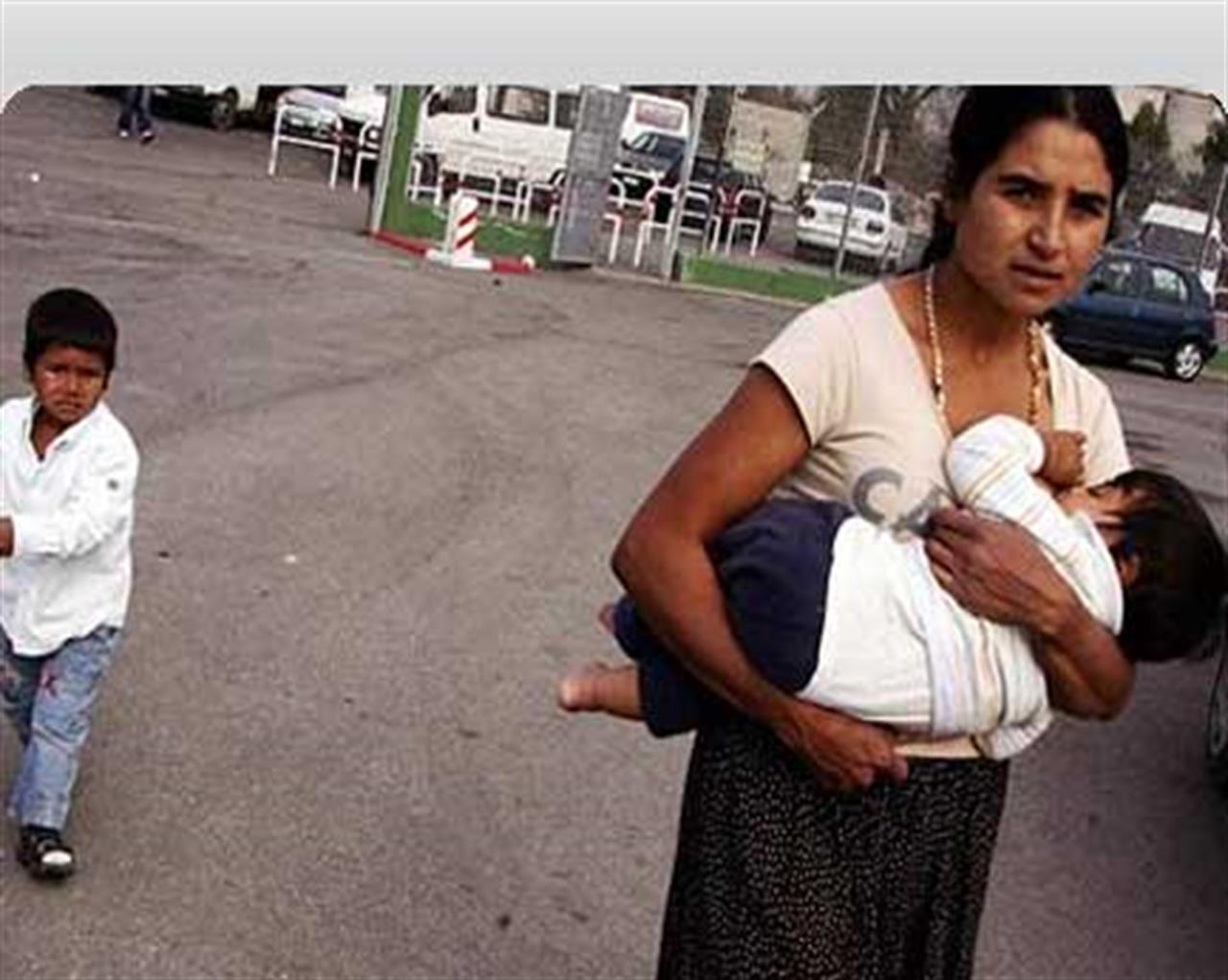Non profit
Not racist, just anti-immigration
Three country case studies challenge the claim that "concerns over immigration" are not racist

People in Britain believe too many immigrants are entering the country, according to a poll by Angus Reid Public Opinion. 68 per cent of respondents think the number of legal immigrants who are allowed to relocate in the United Kingdom should decrease.
Last year, the British government introduced changes to its immigration policies. All investors and graduates under the age of 40—from countries that do not belong to the European Union (EU)—must now earn the equivalent of $66,000 a year in their home countries in order to resettle in Britain. Skilled workers from non-EU countries can only be recruited if a vacancy cannot be filled.
On November 12, Brown vowed to “tighten” immigration rules and proposed establishing a points-based test for migrants who want to become probationary citizens and doubling the period for jobs to be advertised first to British workers from two to four weeks.
“I have never agreed with the lazy elitism that dismisses immigration as an issue, or portrays anyone who has concerns about immigration as a racist,” Brown said.
Meanwhile, in Italy, the local council of Coccaglio is dreaming of a “White Christmas.” Quite literally. Indeed the popular song name, reminiscent of warm fires and friendly gatherings, has been given to a seasonal police operation against illegal immigrants launched by the Coccaglio Northern League mayor Franco Claretti. Between now and December 25, police will be knocking on the doors of the 450 non-EU families to check on their residency permits, La Repubblica reported this week.
In Denmark, the government is so desperate to get rid of “non-Western” foreigners that it has pledged a payment of 13,430 euros if they leave Denmark and forgo any right to permanent residency. At the beginning of the month, Politiken reported that the plan, which has recently been adopted by the Danish government and the Danish People’s Party, Dansk Folkeparti, will include provisions to reimburse local authorities for 100% of repatriation incentives as opposed to 75% in a previous scheme. In total, local authorities stand to benefit from 2.7 millions euros earmarked to encourage foreigners to return home. Repatriation incentives have been accorded since 1997, but until now, individual payments were capped at 3,680 euros, and only 2,600 foreigners accepted the inducements. Funding for the new plan has been agreed in budgetary negotiations, which are currently underway in the country.
Si può usare la Carta docente per abbonarsi a VITA?
Certo che sì! Basta emettere un buono sulla piattaforma del ministero del valore dell’abbonamento che si intende acquistare (1 anno carta + digital a 80€ o 1 anno digital a 60€) e inviarci il codice del buono a abbonamenti@vita.it
